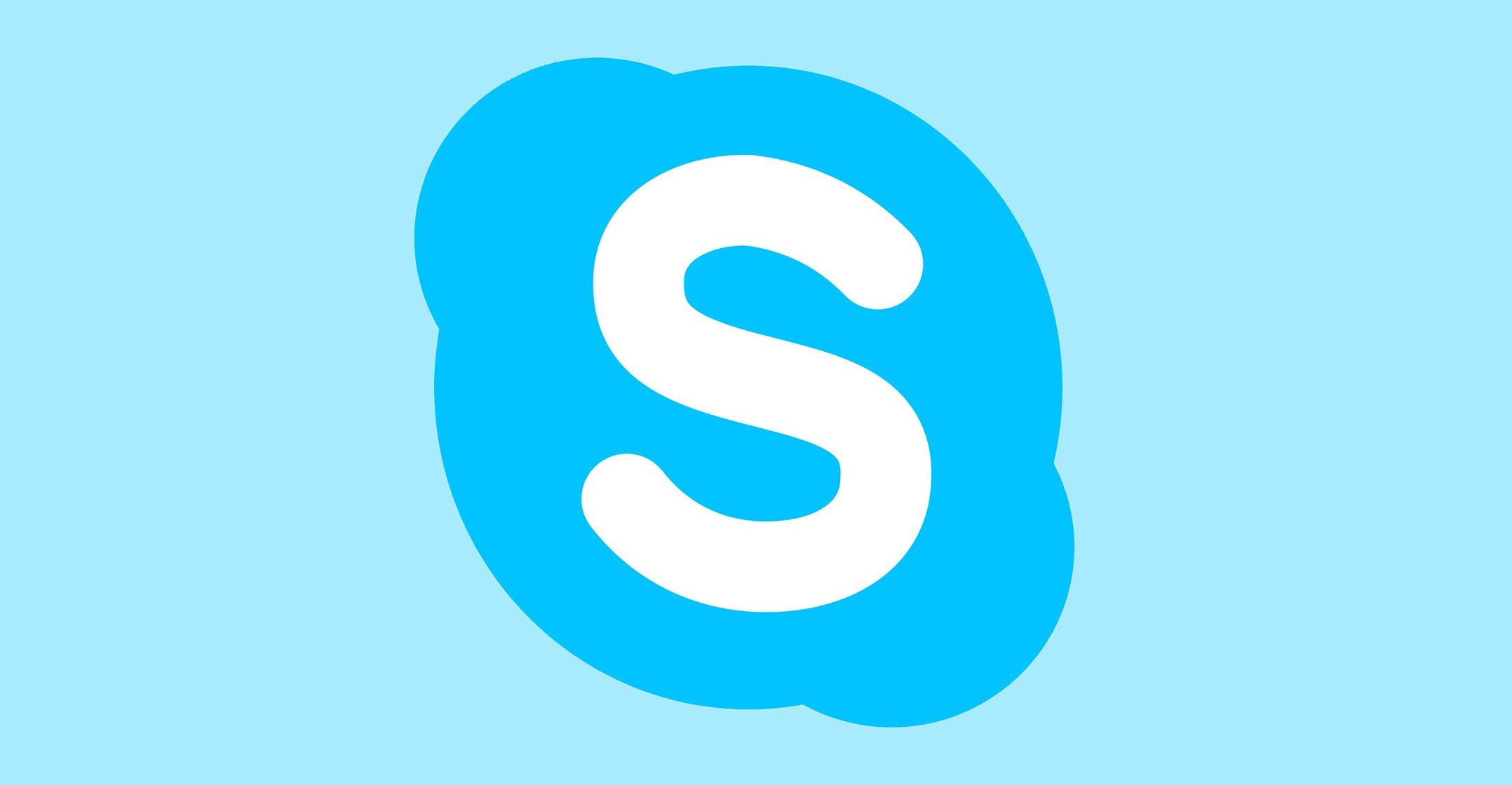 Zoom Video Communications, maker of the ubiquitous video-conferencing tool that made a global pandemic less isolating, just reported another quarter of explosive growth. While its business may not continue to soar quite so much, Zoom is well positioned, appears to have a loyal fan base and continues to innovate.
Zoom Video Communications, maker of the ubiquitous video-conferencing tool that made a global pandemic less isolating, just reported another quarter of explosive growth. While its business may not continue to soar quite so much, Zoom is well positioned, appears to have a loyal fan base and continues to innovate.
It has also achieved a rare corporate feat: It created a product popular enough to become a common verb. To “Zoom” now means to “chat by video” — in the same way that to “Google” is to search the Web. Yet not so long ago, another product’s name stood for video conferencing: Skype.
Although Skype, launched in 2003, has been available nine years longer than Zoom and is owned by tech titan Microsoft, Zoom has effectively left it in its dust. People don’t say “I’ll Skype you” as often as they say “I’ll Zoom you” anymore. How did that happen?
It’s never easy to pinpoint why a product falls out of fashion, but it often comes down to price, quality, performance and ease of use. If a company is selling something other than a luxury good and it doesn’t check those boxes, it’s in trouble — even if the company is as rich and powerful as Microsoft. In this regard, Microsoft illustrates how having a head start doesn’t matter if you can’t maintain the lead.
Skype isn’t the only high-flying product that Microsoft has fumbled. Two decades ago, Internet Explorer, its Web browser, was so dominant and popular that it drew the attention of federal antitrust regulators. In August, Microsoft plans to sunset Explorer, about a month after it does the same with Skype for Business, the corporate version of its video-conferencing tool.
Edge, Teams
To be sure, Microsoft isn’t abandoning Web browsing and video conferencing. Its newer, cross-platform Web browser Edge will absorb Explorer users who want to continue using a Microsoft product. A newer video and collaboration tool for businesses, Teams, has proven very popular and will theoretically scoop up Skype for Business enthusiasts.
All of this shores up Microsoft’s lucrative business and lessens the number of products orbiting its core software offerings. But the company might not have had to go to the trouble of retooling those products if it had done a better job of managing Internet Explorer and Skype in the first place.
In 1985, when Microsoft launched its Windows operating system, it ushered in the PC revolution by giving consumers and businesses an affordable, reliable and easy-to-use product. But Microsoft was so tethered to desktop computers, it failed to recognise how the Internet would shake up its business in the 1990s, and how mobile devices would do the same in the 2000s. It neglected to tailor its offerings to those new worlds.

“Let’s face it, the Internet was designed for the PC. The Internet is not designed for the iPhone,” Microsoft’s former CEO, Steve Ballmer, told the Associated Press in 2009.
Browsers that played better on the Web and smartphones, such as Google Chrome, stole market share from Microsoft. Other browsers that loaded faster, were more secure, made life easier for developers or had better privacy controls also eventually shredded Internet Explorer. A product that in 2001 controlled about 95% of the global browser market has less than 1% today. (Edge has about 3.4%.)
In 2011, when Microsoft acquired Skype for US$8.5-billion, Zoom had just launched and Skype already had 100 million users. By 2014, Skype was popular enough to merit inclusion as a verb in the Oxford English Dictionary. And by 2015, it had 300 million users. But Skype’s technology wasn’t well-suited to mobile devices. When Microsoft set about to address that problem, it introduced a host of reliability nightmares for users. It gave them further headaches by redesigning Skype frequently and haphazardly while integrating messaging and video functions.
By the time the coronavirus showed up, Skype had perhaps 23 million users. That figure climbed to 70 million during the pandemic, according to The Verge, a technology website, but the product still lost ground to Zoom. Zoom was easier to use, especially for non-techies, and far less riddled with bugs and glitches. Dozens of people could appear on a Zoom screen, not so with Skype. And it was easy to invite people to chat because new Zoom users needed only an e-mail address to join, not a full-blown account.
Zoom, which has overcome many security concerns about its platform, says its total “daily meeting participants” grew during the pandemic from 10 million to about 350 million. (The company doesn’t provide specific user data so its audience size can’t be directly compared with Skype’s.)
Now that Zoom is a leader, it will have to avoid Microsoft’s mistakes — especially as coronavirus lockdowns no longer blow wind into its sails. It’s a tech company, after all, in an industry where you’re only as good as your last update. Just ask Skype. — By Timothy L O’Brien, (c) 2021 Bloomberg LP

